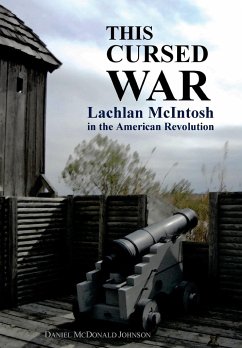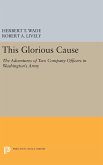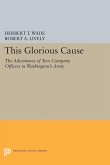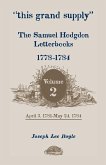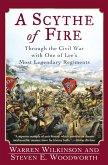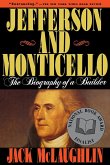Lachlan McIntosh suffered setbacks to his military strategies and smears to his reputation throughout the American Revolution, all the while worried about the welfare of his wife, children, brothers and sister. Yet he persevered. At the beginning of the war McIntosh was given command of Georgia's continental troops, but he could never recruit enough soldiers to bring the battalion to full strength. He established a string of forts to protect Georgia's southern border, but British, loyalist and Indian opponents overran the forts and raided into Georgia. In one of the border battles, a bullet struck McIntosh in the heel and the wound festered for weeks. Plantations in South Georgia belonging to Lachlan, his brothers and his sister were trampled by both British and American troops and left in ruins. Lachlan's younger brother George was arrested for treason, thrown in jail briefly, and had his plantations confiscated by political enemies of the McIntosh family. In response, Lachlan called Button Gwinnett a scoundrel and lying rascal, was challenged by Gwinnett to a duel, and not only inflicted a wound that led to Gwinnett's death but also suffered a wound to his thigh. Gwinnett's supporters called for Lachlan to be removed from command, and he transferred to George Washington's army. While with Washington, he endured the terrible winter at Valley Forge. Washington assigned McIntosh command of the Western Department, where McIntosh once again envisioned a string of forts along the frontier. Indians allied with the British besieged the outermost fort and McIntosh personally led a relief column at breakneck speed through rugged snow-covered terrain. Once again his ability as a military commander was subjected to criticism and once again he transferred to another department; this time back to the South. McIntosh wanted to return to the South to protect his family. He had moved his wife and children from Darien in vulnerable South Georgia to Savannah, a place that seemed safe from British intrusions. But the British sent a force by sea that captured Savannah and trapped the McIntosh family behind British lines. Then the Americans and their French allies besieged Savannah. McIntosh begged the British commander to release his family without success. Sarah McIntosh and her children, like the other civilians in Savannah, huddled in basements while artillery from her husband's army bombarded the town. The siege concluded with an assault on Savannah that ended disastrously for the Americans and their allies. When the allies withdrew, the McIntosh family remained confined inside British lines. When the family was eventually released, Lachlan took Sarah and the children to Camden, South Carolina, where he thought they would be safe. He then participated in the defense of Charleston. While there, he received word that his political enemies in Georgia had once again smeared his reputation and that Congress had suspended him from command of Continental troops, and so he accepted command of militia units. He was taken prisoner when Charleston fell to British besiegers. McIntosh had witnessed two of the most disastrous defeats of the Revolution, the assault on Savannah and the capture of Charleston. When the British moved toward Camden, the McIntosh family fled once again. The family wandered across North Carolina before finding refuge in Virginia. While McIntosh endured imprisonment for more than a year, he asked his son Lackie to protect Sarah and the children. As warfare slowly subsided, Lachlan returned to Georgia alone while Sarah and the children found refuge once again in Camden, where Lackie became ill and died. Yet Lachlan McIntosh persevered.

